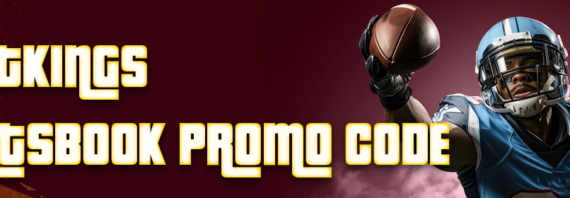For the second straight week, lawmakers in Montana heard testimony about legalizing sports betting in the state. This time the bill is for HB 725, a bill that would make the Montana Lottery the regulator and sole operator for sports betting. The bill was introduced last week by Representative Ryan Lynch (D-District 76).
On Tuesday, the House Committee on Business and Labor Affairs heard from four proponents of the bill, and no opponents. Representatives from the Lottery and the Gambling Control Administration also addressed the Committee.
Under the bill, sports betting would be legalized through the Lottery and would allow for kiosks to be placed at licensed businesses which include bars, restaurants and convenience stores. The bill would also allow for limited internet and mobile sports wagering.
The bill would create a sports wagering commission within the Lottery and according to Montana State Lottery Director Angela Wong, the state would “receive all of the revenue after expenses.” She believes that the Lottery would be able to have sports betting up and running within six months of approval.
The bill establishes licenses and permit fees for sportsbook operators and taxes gross betting receipts at 8.5 percent. A fiscal note on the original bill estimated that it would raise $2 million in taxes in 2021 and $3.6 million the following year.
Other bills are being considered in Montana as well. Last week, the Senate Business and Labor Committee heard testimony from operators on SB 330, which would legalize sports betting in a somewhat similar manner to HB 725. However, the lottery would not be the regulator. The committee voted last week to send the bill to the Senate floor by a vote of 8-2. No date is set for a vote in the Senate.
The key difference between the House and Senate bills is that the Department of Justice would regulate sports betting under the Senate version vs the Lottery in the House version. Lawmakers seem to be in agreement with other major details of the bills, which include not paying an “integrity fee” to the leagues, allowing for betting on collegiate sports and allowing some form of mobile/online sports betting.
One of the people who testified in favor of HB 725 included John Iverson, who represents the Montana Tavern Association. Iverson said his group supports all of the sports betting bills in the state but is concerned over the possibility of allowing convenience stores to offer sports betting.
“Sports betting is exciting … having one of these machines in our location would encourage people to come in and hopefully stay for the end of the game, and maybe order an extra cheeseburger or a Montana craft beer,” he said. “We think there should be clearer parameters about where these locations should be. Montanans don’t want this on every street corner, near every playground.”
Sports betting in Montana would be different than sports betting in most other states. There are currently no casinos in the state and no current movement to legalize casinos. That means sports betting would be limited to placing kiosks at specific locations and/or mobile/online wagering.
Wong said that the lottery has more than 1,000 locations throughout the state, about 300 of which are in bars and restaurants.
The Montana legislative session ends on April 20 and doesn’t meet again until 2021.



